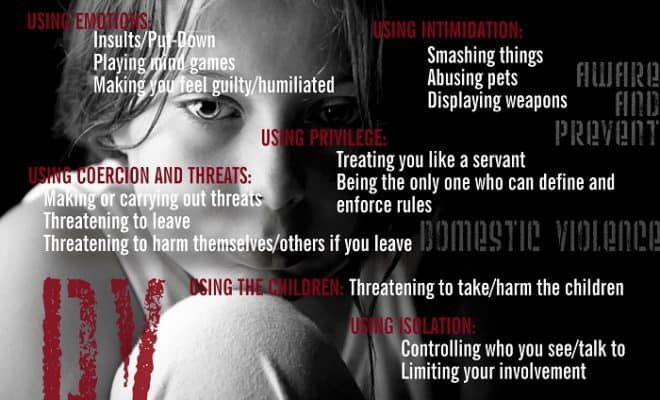Parental Alienation: The Signs

Parental alienation is where one parent keeps a child/children from the other parent. It is usually a game of control and has everything to do with hurting the non-custodial parent and the child/children. Parental alienation is a type of abuse used to disconnect the child/children from the “other” parent. It is extremely harmful to a child’s developing self and to the parent shut out.
I didn’t know the signs to look for when I was being pushed out of my younger children’s lives. The phone calls became less because phone numbers kept being changed. I have no clue if they received the cards, letters, pictures, or money I sent on birthdays and Christmas. Now, it is too late. My kids have been taught that I am the bad person and at their ages, I don’t see them wanting to reconnect with me. Research has concluded that parental alienation occurs in families in which one (sometimes both) parents have a personality disorder, typically that of the borderline and or/narcissistic types.
I know that this has been the cause of my depression, but I can’t even fathom how it has affected my children. On the day they were born, I swore to protect them and always be there for them. I feel as if I have failed them and myself. I didn’t know how to read the signs or even how to do something about the issue. I felt like I was helpless, powerless, and voiceless. I want other alienated parents to take back their voices, their power, and find help.
These are a few of the tactics used when alienating a child from a parent:
- Portraying the targeted parent as unloving, unsafe, and unavailable.
- Limiting contact and communication between the child and the targeted parent.
- Erasing and replacing the targeted parent in the child’s heart and mind.
- Encouraging the child to betray the targeted parent’s trust.
- Undermining the targeted parent’s authority.
Here are a few signs and symptoms to look out for in children:
- Extreme negative views toward the parent, including denying past positive experiences, and lack of investment or interest in improving the relationship.
- Frivolous or absurd reasons for hurt and anger with the parent.
- Seeing one parent as all good and the other as all bad.
- Always siding with the favored parent, no matter what he or she says or does.
- A lack of remorse for hurting the rejected parent’s feelings.
- Claiming to reject the parent with no influence from the favored parent, even though that parent is an obvious influence.
- Repeating the favored parent’s words without always understanding what they mean.
- Becoming cold and hostile toward friends and family of the rejected parent.
We owe it to our children to learn to deal with issues without using kids as pawns to get what we want. If not, we are only setting them up for a hard life filled with trust issues and other mental health problems. Parents set the foundation for their children’s/child’s life. We need to show examples as to how to treat others and deal with problems in a healthy way.









